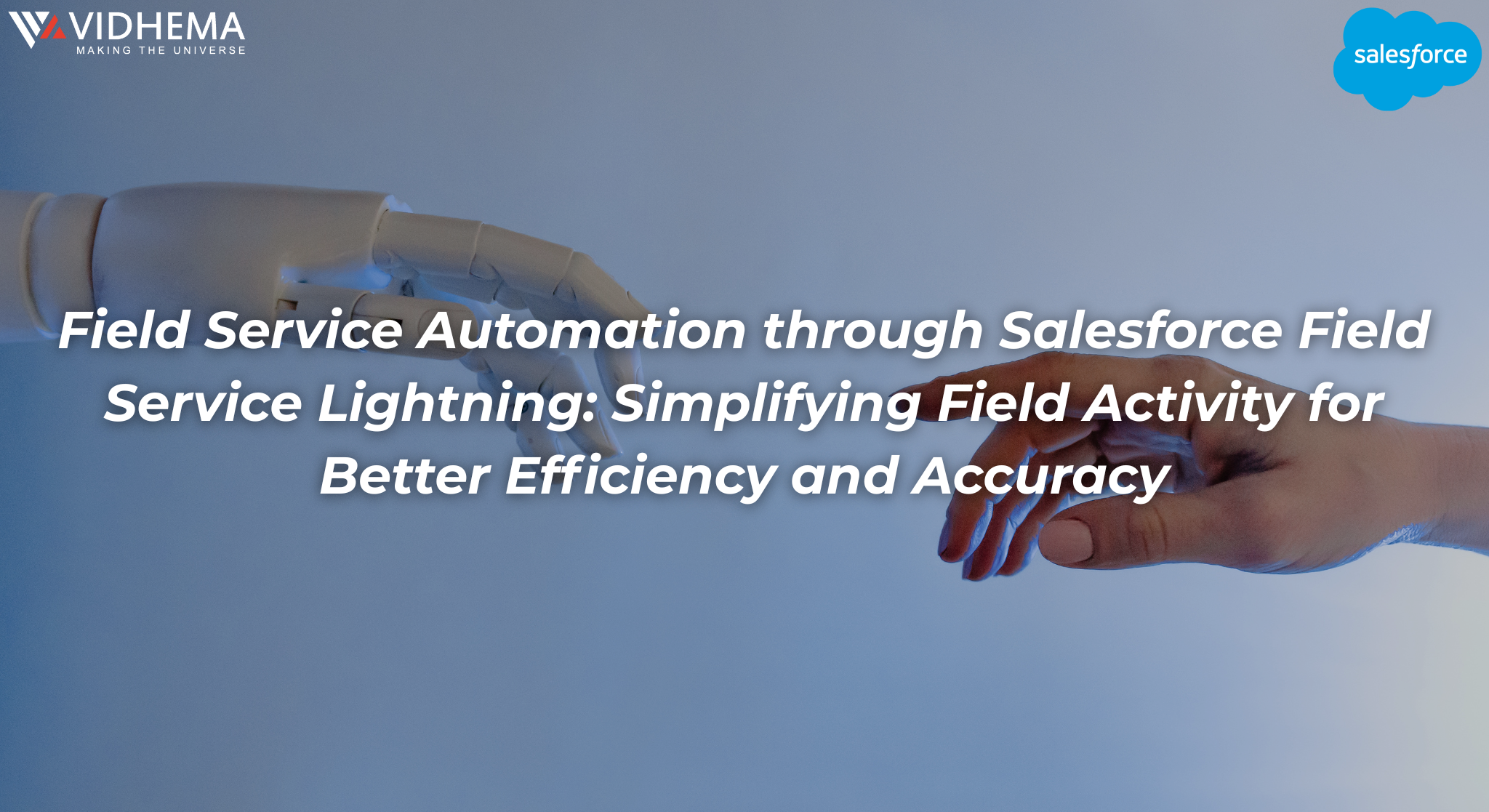The reason that PHP frameworks were developed was to help developers across all levels to save the time from repetitive coding, speeding up the development process, and ensure uptight right coding for the web application. As we have entered the digital world, the internet has taken up globalization of the market to its highest level. As per Statista, almost 4.48 billion people were active internet users as of October 2019 (worldwide digital population), encompassing 58 percent of the global population.
The figure is just going to increase exponentially by 2025, taking over a larger share of the world population. To get ahead in today’s cutthroat online market competition, companies need to mark their online presence through a website and mobile apps. For that, they must get a hook of the best PHP framework for website development.
PHP, a hypertext preprocessor, is an open-source server-side scripting language, is estimated to have been used by over 80% of websites across the world. A quality PHP framework not only facilitates the development of a feature-rich website but also strengthens the security by reducing the risk of security holes in the program coding. Application of the PHP framework not only helps in the rapid development of the website but also enables developers to reach tight deadlines with optimum security features. There are a number of PHP frameworks available in the market, out of which, we bring the best PHP framework for website development for you:
1. Laravel
2. Symfony
3. CodeIgniter
4. Yii 2o
5. CakePHP
6. Zend Framework
7. Phalcon
8. Slim Framework
9. FuelPHP
10. PHPixie
Laravel
One of the most extensively used open-source PHP framework, Laravel, was introduced in 2011. This framework ably handles complex web apps with the best security measures at a faster pace than most competing frameworks. It eases the routing, sessions, authentication, and caching tasks as well. If you have complex backend requirements, Laravel can be the most suitable option. The features that it offers can be used to customized complex apps very easily. Further, the MVC architecture support, viewing template engines, and seamless data migration are some of its major features. Larval is most suitable for B2B enterprise websites if that’s the industry vertical you are aiming at. The pre-packaged Homestead bundle with Vagrant enables the installation of the huge ecosystem of Laravel.
Symfony
With a set of reusable PHP components and codes, Symfony is also amongst the widely used framework for website development. Even the major content management systems like Drupal, PHPBB, Piwik, ORO CRM, and even Laravel uses components of Symfony, which makes it one of the most flexible frameworks. The easy-to-understand environment of Symfony, Developed by SensioLabs, makes it a popular framework. As said earlier, Symfony uses reusable PHP libraries that make creation, routing authentication, object configuration, templating, and many other tasks more manageable. This PHP framework comes with the largest number of bundles among all the frameworks. This extensive PHP MVC framework is also ideal for large-scale enterprise projects.
Though developers find security mechanism a little challenging to use in Symfony, it is a favorite choice of advanced developers.
CodeIgniter
Simple, powerful, and one of the oldest PHP frameworks, CodeIgniter comes with an easy installation feature and requires minimum user configuration. Although, it isn’t entirely based on the MVP framework. Further, speed is the main forte of this PHP framework for website development. Mainly deployed for building dynamic websites, it consists of numerous prebuilt modules. This easy to install and lightweight PHP framework is considered ideal for developing lightweight web applications. If you are aiming for great built-in security features and fast-paced completion of your project, you better ask your PHP framework development company to choose CodeIgniter.
Yii 2
When considered for the learning curve, Yii 2 and Symfony both stand shoulder-to-shoulder. Developers across the world opt for this PHP framework when they have to follow the result-oriented approach. Because of robust design, it syncs well with AJAX & JQuery and also provides excellent caching support. This PHP framework for website development helps designers to the model database into objects and avoids the complexities of repetitive SQL coding. Based on the DRY (Don’t Repeat Yourself) concept, this object-oriented PHP framework is best suitable for large-scale website development. The inbuilt Gii (Code Generator) enables rapid prototyping, which further facilitates a web-based interface that allows generating the right codes.
CakePHP
If you are aiming to develop a visually appealing, feature-loaded website, perhaps CakePHP is the most elegant and simple PHP framework to accomplish your task. Because it falls in the category of CRUD (create, read, update, and delete) framework, it is one of the simplest frameworks to learn. CakePHP is more suitable for commercial applications with its security features like SQL injection prevention, CSRF (Cross-Site Request Forgery), XSS (Cross-Site Scripting) protection, and input validation. This PHP framework also comes with premium support from Cake Development Corporation. In a nutshell, we can say that CakePHP brings speed, reliability, and security.
Zend Framework
Cryptographic coding tools, drag-and-drop editor, PHP unit testing tools, interconnected database wizards, and instant online debugging tools are some of the features that make Zend Framework one of the best PHP framework for website development. With the myriad of configuration options that Zend offers, even complex websites can be easily built on this PHP framework. Today, Zend proudly stands as one of the most advanced PHP frameworks in the market and helps developers in creating robust web applications. It also includes features like MVC components, simple cloud API, data encryption, and session management. As Zend supports third-party components as well, it has partnered with global giants like Microsoft, Google, etc. for web applications.
Phalcon
Phalcon is different from other PHP frameworks because of its efficient memory utilization. Increased execution speed, universal autoloader, security, caching, and asset management are some of the key features of Phalcon. This full-stack PHP framework for website development employs MVC web architecture. The framework is basically rooted in C and C++ coding style but is delivered as C-extension. It comes with detailed documentation and therefore, helps developers understand the PHP framework better. If you are dealing with low overheads, the Phalcon PHP framework can be the ideal choice for you.
Slim Framework
This micro PHP framework is lightweight in design and proves brilliant in developing small web applications and RESTful APIs. This PHP API framework is also enriched with some of the quality features like URL routing, client-side HTTP caching, sessions, cookie encryption, etc. and also supports flash messages across HTTP requests. Its Slim Framework offers very simple guidelines and work-steps to develop APIs.
FuelPHP
Three words can best describe this PHP framework for website development - modular, extendable, and flexible. The full-stack framework supports MVC pattern and HMVC (Hierarchical Model-View-Controller) both at the architectural level. This framework also addresses security concerns with features like input & URI filtering and output encoding. This PHP MVC framework is recommended for developing high-performance apps. Since its release in 2011, FuelPHP is ably helping developers to deliver diversified end-to-end web solutions varying in size and complexity.
PHPixie
PHPixie implements the HMVC design pattern and facilitates as high-performing PHP MVC framework for read-only websites. This versatile framework is also preferred for social networking websites, customized web applications, web app development services. This PHP framework for website development is built using independent components. The 100% unit tested components of PHPixie require minimum dependencies. ORM (object-relational mapping), caching, input validation, authentication, and authorization are some of the significant features of this advanced PHP framework.
Disclaimer: The article typically briefs popular PHP frameworks that the modern age developers use. The mentioning of frameworks doesn’t correspond to any ranking system. We, at Vidhema, have expert development teams with in-depth knowledge of all these platforms.
Frequently Asked Questions
A lot of people don't appreciate the moment until it’s passed. I'm not trying my hardest, and I'm not trying to do

